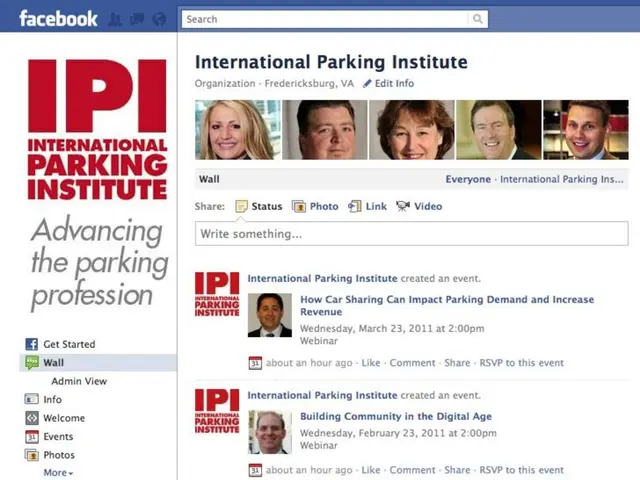Russia's New Homegrown Chat App: A Secure Haven for State Interaction
Russia creates its domestic messaging platform
In a bid to ensure secure and seamless communications with the authorities, the Russian government is planning to develop a homegrown messaging app. This new platform will prioritize "virtual communication" between citizens and state and municipal entities and promises to deliver "educational content" as an added bonus. The Kremlin aims to nudge global online platforms such as Facebook, WhatsApp, or Signal to the background.
According to Sergei Boyarsky, head of the Duma's information policy committee, this app will facilitate various day-to-day tasks, such as verifying age at supermarkets or check-ins at hotels without the need for paper documents [1]. The app will also incorporate features like electronic signatures, ID functions, and other state documents [1]. To make it even more compelling, the app will offer educational content.
Politics aside, the new platform is set to become a multifunctional information exchange service, emulating popular apps like WhatsApp, but with a bureaucratic and legal twist [1][2]. The app will also leverage a fully Russian-operated infrastructure and dedicated encryption model, promising to offer better functionality and security than foreign alternatives [4]. Once implemented, it will be mandatory for official communications among government entities and state corporations, effectively replacing foreign services like WhatsApp and Telegram [4].
The development and operation of the platform may be entrusted to an organization selected by the government, possibly a private company based on Russia's equivalent to Facebook (MAX platform) [2]. The legislation for this initiative has been approved by the State Duma, but it still requires the endorsement of the upper house of parliament and President Putin to become law [5]. The platform is projected to be developed and implemented by 2026, with a detailed transition timeline to be determined by a future government decree [4].
Russia's internet control has been increasingly tight since the beginning of the war ordered by Vladimir Putin. In response, Russian authorities have tightened and censored the internet, including suing and blocking Western and independent content providers over alleged "defamation of the Russian military" [3]. Russian officials have also expressed concerns about the use of messengers like WhatsApp, Facebook, or Signal. Since the start of the war, media laws in Russia have become stricter, driving out opposition media with bans and heavy fines [3].
Sources: ntv.de, mau/dpa
- Russia
- Apps
- Mobile Internet
- Internet Companies
- Kremlin
- The European Union, being a major player in the global energy market, may take an interest in Russia's development of a homegrown chat app, given its potential impact on communication technology and politics, as discussed in general-news sources.
- As Russia transitions toward a more self-sufficient digital infrastructure with its new homegrown messaging app, there might be opportunities for technological collaboration between Russian internet companies and their European counterparts, particularly in the areas of encryption and digital document management, which could also have political implications.








